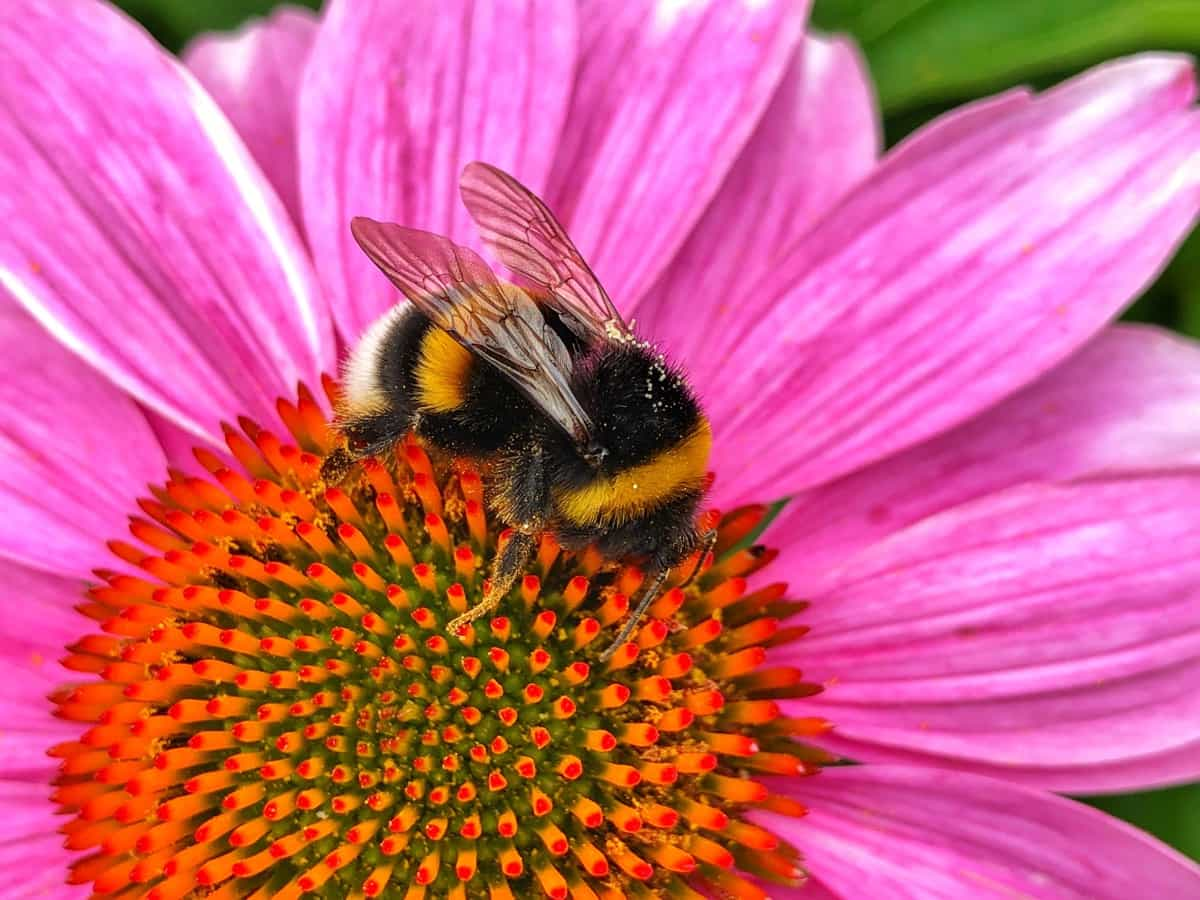
🐝 Bee Nutrition Breakthrough: “Protein Bars” That Might Save Pollinators
In a revolutionary finding that could aid in the preservation of one of the planet’s most vital species, researchers from Washington State University and Belgium’s APIX Biosciences have created a complete synthetic diet for honey bees. Structured like energy bars for humans, this “protein bar” for bees offers all the crucial nutrients they require to maintain health — even during periods when floral pollen is limited.
This innovation arrives at a critical moment. Global bee populations are experiencing a significant decline due to challenges such as habitat loss, pesticide exposure, climate change, and inadequate nutrition. Referred to as “colony collapse disorder,” the rapid disappearance and demise of bee colonies have alarmed scientists and farmers alike. However, with this bee-supportive advancement, there’s renewed optimism for reversing this trend.
The Problem: Nutritional Shortage in Bee Colonies
Honey bees depend on pollen gathered from blooming plants as their main protein source. Yet, an increasing array of stressors — from urbanization and agricultural monocultures to severe weather — has drastically restricted bees’ access to varied, nutritious pollen.
“Changes in land use, urban growth, and extreme weather adversely affect nutrition for honey bees and other pollinators,” stated Brandon Hopkins, Professor of Pollinator Ecology at Washington State University. “Honey bees require diversity in their diet for survival but are finding it more challenging to discover a consistent supply of pollen.”
Unlike most domesticated livestock, bees have never been able to fully depend on artificial feeding — until now.
The Science: What Sets This Bee Food Apart?
The new synthetic diet emulates the role of pollen by supplying a comprehensive array of nutrients essential for bee health. A crucial component is isofucosterol, a molecule identified by scientists as necessary for colony survival. The absence of this compound in test diets resulted in significant issues for the bees: fewer larvae, paralyzed adults, and ultimately, colony collapse.
The researchers introduced their creation in real-world settings, testing the “bee bars” in practical conditions. Colonies were stationed in blueberry and sunflower fields — locations notorious for low-quality pollen. The outcomes were striking: those consuming the nutrient-rich synthetic food flourished, while those without it struggled and in some instances perished.
“Some beekeepers have stopped pollinating blueberries because colonies fail or die,” Hopkins remarked. “Blueberry pollen is not particularly nutritious for honey bees. However, if they have access to this supplemental food source, beekeepers might resume pollinating these fields knowing their bees have a better chance of survival.”
Why This Matters: Bees Are Crucial for Our Food Supply
Honey bees are not merely important—they’re essential. Roughly one-third of the food we consume relies on pollination, with bees carrying out the majority of that function. Apples, almonds, strawberries, and numerous other crops depend on robust bee populations for successful yields.
Nevertheless, without a nourishing and varied pollen diet, bees become increasingly vulnerable to viruses, parasites like Varroa mites, and environmental stressors. Conventional sugar water or partial substitutes fail to provide the comprehensive nutrition bees require. The newly formulated supplement alters this dynamic, granting bees an opportunity to thrive when nature falls short.
A Buzz-Worthy Future: What Lies Ahead?
The research team aims to make the synthetic bee food accessible to commercial beekeepers by mid-2026. In the interim, they are collaborating closely with beekeepers across the U.S. to refine its application in everyday beekeeping.
This innovation could transform pollination services. With a dependable, nutritious food source readily available year-round, beekeepers may once again tend to crops that were previously neglected due to inadequate pollen nutrition.
A Win for Nature Enthusiasts
For young conservationists and animal advocates, this development is indeed a significant victory. By fostering honey bee health, we contribute to sustaining ecosystems and ensuring food supplies for current and future generations.
So, the next time you enjoy a succulent blueberry, take a bite of an apple, or drizzle honey on your toast, remember — it’s all thanks to the diligent efforts of bees. And now, thanks to scientific advancements, we have a better chance at keeping their hives vibrant with life.
🐝✨ Want to support pollinators? Plant bee-friendly flowers, steer clear of pesticides in your garden, and stay updated on new advancements in bee conservation!
—
Discover more from Wild Science
Subscribe to receive the latest stories and discoveries delivered straight to your inbox.